Thank you for your interest in our Diabetes Technology and Hybrid Closed Loop (HCL) Competency Pathway.
As an NHS service, we're here to support you and your team in finding the right training to meet your needs.
For any questions or further information, please contact us at:
uhl-tr.ldctechnologycourse@nhs.net
Hybrid Closed Loop Technology Pathway
Hybrid closed-loop (HCL) technology, often referred to in the context of diabetes management, involves a system that combines continuous glucose monitoring (CGM) and insulin delivery through an insulin pump. The "closed-loop" refers to the automatic adjustment of insulin delivery based on real-time glucose data, and "hybrid" suggests that while some decisions (like insulin dosing adjustments) are automated, the system still involves some level of user input or intervention.
For healthcare professionals (HCPs), competency in this technology is crucial for several reasons:
Patient education: Healthcare providers need to educate patients on how to use the technology effectively, including how to interpret data and adjust when necessary. They also need to ensure patients understand the system’s capabilities and limitations.
Troubleshooting: Healthcare professionals need to be able to troubleshoot any issues that arise with the system, whether it's a sensor malfunction, pump issues, or data errors, and provide guidance on how to resolve them.
Personalised care: While hybrid closed-loop systems provide automated insulin delivery, the system should be personalised to the individual’s needs. Healthcare providers must help adjust settings, interpret trends, and provide guidance on managing any fluctuations in blood glucose levels.
Interdisciplinary collaboration: Often, hybrid closed-loop systems are used in conjunction with other technologies and treatment strategies. Healthcare professionals must collaborate across disciplines to optimise care.
LDC presents the Hybrid Closed Loop (HCL) & Technology Pathway for Healthcare Professionals (HCPs)

TIER 1
HCL Therapy Awareness recording
Suitable for: Any HCP or support worker, interested in enhancing their knowledge of diabetes-related technology.
Content: Provides general awareness for HCPs about the availability of this technology through practical visuals. It serves as an introductory taster designed to encourage progression to the next tiers.
Duration of the course: Approx. 18 minutes recording.
Cost: Free to all.
TIER 2
Diabetes Technology and HCL Therapy Education Day - In-person course
Suitable for: HCPs working with people living with type 1 diabetes.
Content: This course provides a comprehensive overview of type 1 diabetes (T1D) management, covering pathophysiology, diagnosis, and treatment. You’ll explore insulin therapies, glucose sensing technology, nutrition and carbohydrate counting, exercise, and hybrid closed-loop therapy. Additionally, we’ll discuss psychological wellbeing, illness management, preconception and pregnancy.
Duration of the course: 1 day
Cost: Enquire for more details: uhl-tr.ldctechnologycourse@nhs.net
Two Steps to CGM - In-person course or live webinars
Suitable for: HCPs who actively use diabetes-related technology on a day-to-day basis and want to enhance their skills and competency.
Content: A step-by-step programme on integrating this technology into primary care practice, including follow-up, troubleshooting, and encouraging meaningful discussions about tech with all adults living with type 1 diabetes presenting with varying characteristics. This programme offers practical application of CGM technologies through real-world case studies. CPD hours will be awarded upon completion.
Duration of the course: One 3-hour face-to-face session or two 1.5-hour virtual sessions.
Cost: Enquire for more details: uhl-tr.ldctechnologycourse@nhs.net
(this will depend on the style of delivery, whether commissioning as part of a group or individuals).
Continuous Glucose Monitoring in Primary Care - Digital learning
Endorsed by the Primary Care Diabetes Society (PCDS) and the Diabetes Technology Network (DTN-UK), this initiative has been created in response to the most recent NICE guidelines (NG17 and NG28), which advocates for broader NHS access to CGM for individuals living with diabetes. It has been developed in collaboration with Abbott and Dexcom.
Suitable for: HCPs who meet people who are eligible for the technology but have limited knowledge and want to enhance their understanding and confidence.
Content: Online modules offering supplemental training and assessments on CGM therapies, featuring practical case studies for application. Certification includes CPD hours.
Duration of the course: Online education package that can be completed at your convenience and your own pace.
Cost: Free to all
Two Steps to Continuous Glucose Monitoring - In-person course or live webinars
Suitable for: HCPs in secondary care settings, primarily working with people living with diabetes.

TIER 3
2 day Practice Diabetes Technology and HCL course - In-person course
Suitable for: HCPs with experience in managing patients on insulin pumps, seeking to improve their knowledge and confidence in using diabetes technology.
Content: Led by Professor Pratik Choudhary, the course will provide the most up to date knowledge on type 1 technology; with interactive, hands-on workshops, informative lectures, and case study examples. The course is approved by the Federation of the Royal Colleges of Physicians of the United Kingdom for 12 CPD credits upon completion.
Duration of the course: 2 days
Cost: £450 plus VAT
Link to Practice Tech Course page on LDC site

TIER 4
Bespoke Learning Academy
Suitable for: Individuals who have completed the two-day HCL and technology course.
Content: A bespoke training package designed to meet local service needs, including the development of complex clinical management services and leadership.
Duration of the course: This will depend on their needs.
Cost: Enquire for more details uhl-tr.ldctechnologycourse@nhs.net
Contact email: uhl-tr.ldctechnologycourse@nhs.net
All the courses are underpinned by a competency framework which ensures quality, patient safety, and professional growth amongst HCPs as there is progression across a continuum from novice to expert.





